 Legislative Overview – February 11, 2025
Legislative Overview – February 11, 2025
Whoa, that was a long afternoon / evening! The North Dakota House had a packed day today, holding two floor sessions to address a heavy legislative workload. The debates were extensive and diverse, reflecting the complexity of the bills under consideration. Among the notable developments, the House passed a bill recognizing gold and silver as legal tender while explicitly rejecting the use of central bank digital currencies (CBDCs). Additionally, discussions included amendments to HB 1176, a property tax relief and reform bill, which sparked rare debate over local government authority to override tax caps. The extended sessions underscore the intensity of legislative activity as lawmakers work through a wide array of issues impacting the state. Don’t worry though, we were on top of it and here is the good/bad/ugly of it all:
Summary of Sessions in the House & Senate today include:
14 Senate Bills Passed and awaiting House Response: SB2006, SB2007, SB2009, SB2016, SB2020,SB2024, SB2238, SB2242, SB2276, SB2292, & SB2360. Those that failed included: SB2343, SB2322, &SB2306. SCR4010 Withdrawn.
16 House Bills Passed and awaiting Senate Response: HB1025, HB1058, HB1146, HB1197, HB1213, HB1428, HB1459, HB1496, HB1499, HB1508, HB1529, HB1580, HB1589, HB1592, & HB1598 + HCR3307 & SB2201. Those that failed include: HB11128, HB1207, HB1221, HB1285, HB1343, HB1348, HB1353, HB1366, HB1390, HB1495, HB1517, HB1553, HB1559, HB1560. No Bills Withdrawn.
The Bills we are tracking regarding the business world include:
SB 2223: https://ndlegis.gov/assembly/69-2025/regular/documents/25-0824-01001m.pdf
The Bill establishes North Dakota’s participation in the Dietitian Licensure Compact. This compact allows licensed dietitians to practice across member states without needing multiple licenses. It aims to improve public access to dietetic services, support workforce mobility, and standardize regulations. The bill impacts dietitians, healthcare institutions, and regulatory agencies by streamlining licensure processes. It enlarges government oversight but does not impose restrictions on individual rights.
HB1058: https://ndlegis.gov/assembly/69-2025/regular/documents/25-8051-02000.pdf
This Bill establishes regulations for aboveground storage tanks in North Dakota. It defines key terms, outlines the Department of Environmental Quality’s responsibilities, and sets rules for tank operation, leak detection, and corrective actions. The bill mandates permits and inspections, introduces penalties for violations, and provides for emergency response measures. Businesses handling petroleum products and storage facilities will be affected by compliance requirements and potential financial responsibilities.
HB1496: https://ndlegis.gov/assembly/69-2025/regular/documents/25-1198-01001m.pdf
This Bill aims to amend North Dakota’s landlord-tenant laws by updating landlord responsibilities for utilities, maintain and provide adequate heating and water supply. It also outlines conditions under which tenants may take on maintenance responsibilities. The bill could impact residential property owners and property management businesses by increasing their obligations and potential liabilities.
HB1508: https://ndlegis.gov/assembly/69-2025/regular/documents/25-1271-01001m.pdf
This Bill proposes changes to the way agricultural land is assessed for taxation purposes in North Dakota. It revises the criteria that local assessors must use to determine the agricultural value of land, prioritizing actual land use and soil classification. The bill may impact farmers, agricultural businesses, and local tax authorities by potentially altering tax liabilities and assessment procedures. The bill is set to take effect for tax years beginning after December 31, 2024.
HB1592: https://ndlegis.gov/assembly/69-2025/regular/documents/25-1292-02000.pdf
This Bill proposes amendments to North Dakota’s lignite research and development policies. It revises the composition and responsibilities of the lignite research council, enhances collaboration with the industrial commission, and updates public record exemptions. The bill aims to promote lignite industry growth by supporting research, marketing, and job creation while ensuring environmental compliance. Affected stakeholders include coal mining companies, energy producers, and state agencies involved in lignite development.
~ Every day brings fresh developments and opportunities to learn, and we’re here to keep you informed right along with us! If there are specific bills or resolutions you’d like more information or clarification on, don’t hesitate to reach out to us below. We’re always happy to help keep you in the loop so you know what things could or would affect your business!
Jan Wangler, Executive Director

